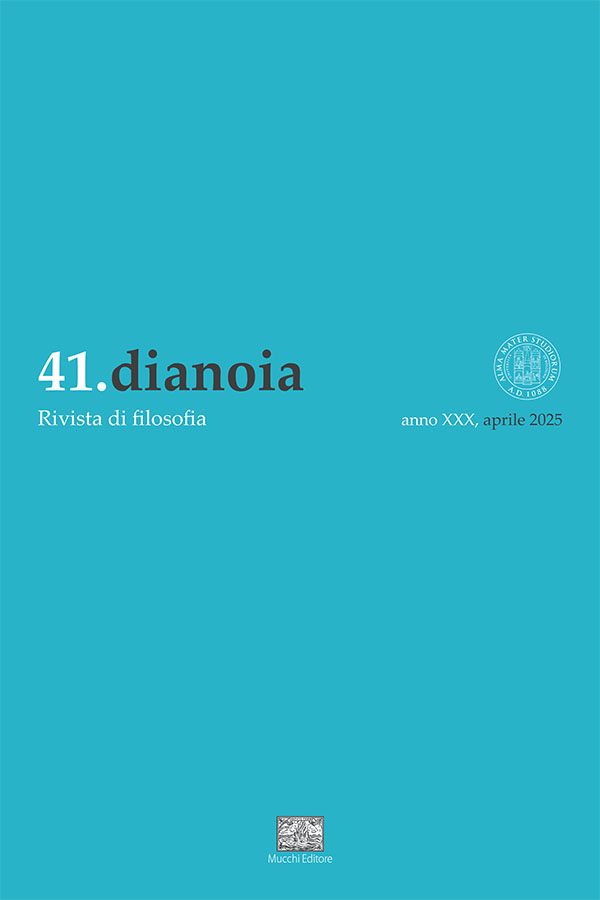A central theme in Western philosophical thought extending back to Greek and Roman antiquity is the ideal of human exceptionalism. Exponents of this ideal have proclaimed the categorical superiority of human beings over all non-human beings in the created world, on the grounds that human beings are unique in possessing the capacity for logos. Almost without exception, these thinkers have conceived of logos in narrowly anthropocentric terms, namely, in terms of the predicative rationality and linguistic capacity that appear to be unique to human beings. Martin Heidegger noted a fundamental distinction between two different levels of meaning that sheds light on the anthropocentric limitations of the traditional ideal of human superiority. That distinction is one between “apophantic” and “hermeneutical” discourse. This distinction helps to shed light on the fact that many nonhuman animals, and not just human beings, participate actively in the articulation of meaning, thereby further shedding light on the fact that the tradition’s narrowly anthropocentric conception of logos is motivated by human arrogance rather than by a sober interest in the truth.
Keywords: Anthropocentrism, Animal Rights, Morality, Agency, Human Exceptionalism.

